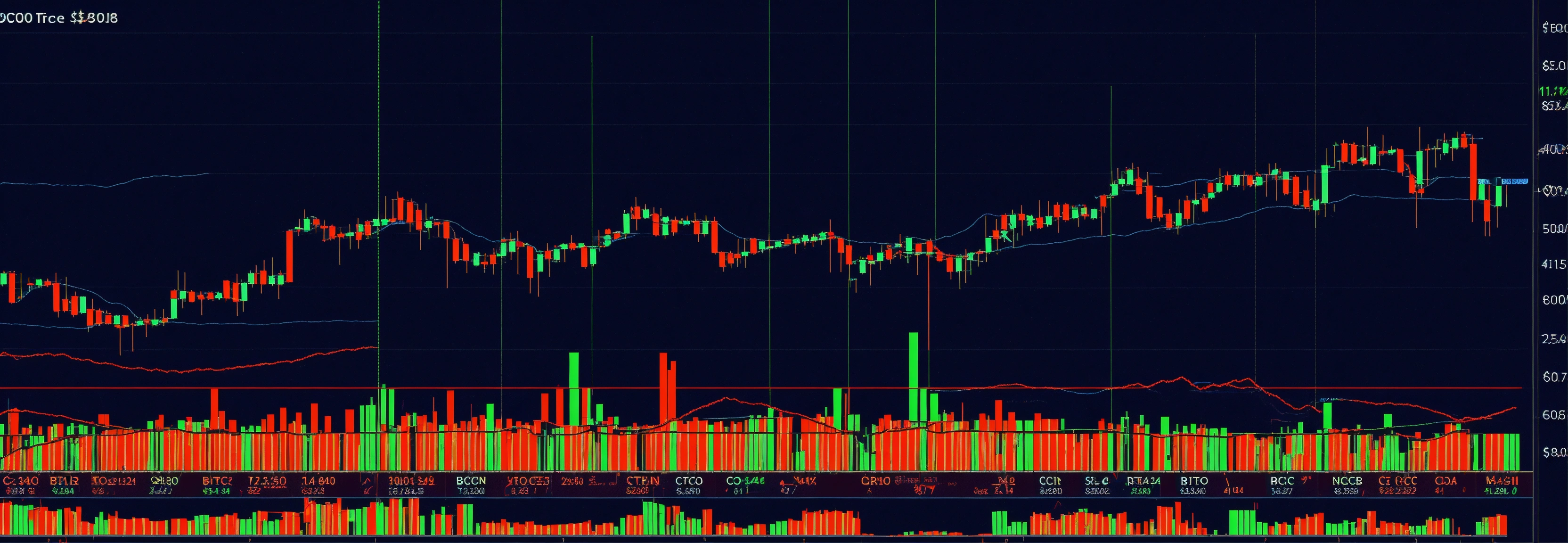The Impact of Competitive Advantages on Stock Market Performance
When navigating the stock market, understanding the impact of competitive advantages on stock performance is essential for making informed investment decisions. Competitive advantages, or economic moats, are qualities that allow a company to maintain a superior position over its rivals. These advantages can significantly influence a company’s stock performance, leading to long-term investment success. Here’s a look at how competitive advantages affect stock market performance and why they are crucial for investors.
What Are Competitive Advantages in Stock Investing?
Competitive advantages refer to the unique attributes that enable a company to outperform its competitors and sustain profitability. These can include factors such as a strong brand, proprietary technology, cost efficiencies, or exclusive access to resources. In stock investing, companies with solid competitive advantages are often more attractive because they can offer stability and growth potential. Identifying stocks with these advantages allows investors to target companies that are well-positioned to deliver strong performance over the long term.
How Competitive Advantages Enhance Stock Stability
One of the primary ways competitive advantages impact stock market performance is through enhanced stability. Companies with a competitive edge are better equipped to weather economic downturns and industry disruptions. For instance, a company with a dominant brand may experience more stable sales even during economic slowdowns. This stability translates into more consistent stock performance, providing investors with a lower risk of significant losses. By investing in stocks of companies with competitive advantages, you can build a portfolio that is less susceptible to market volatility and more likely to deliver steady returns.
Competitive Advantages and Long-Term Growth Potential
Competitive advantages also play a crucial role in a company's long-term growth potential. Stocks of companies with strong economic moats often demonstrate sustained revenue growth and profitability. For example, a company with innovative technology or a unique product offering can capture a significant market share and drive future growth. Investing in these stocks provides an opportunity to benefit from the company’s expansion and long-term success. By focusing on competitive advantages, investors can identify stocks with the potential for substantial growth and capital appreciation over time.
Evaluating the Strength of Competitive Advantages
To assess how competitive advantages affect stock performance, it’s important to evaluate their strength and sustainability. Examine the company’s market position, competitive landscape, and barriers to entry. A strong competitive advantage is characterised by its ability to endure competitive pressures and adapt to changing market conditions. For example, a company with a patent on a crucial technology has a significant competitive moat that can enhance its stock performance. By evaluating these factors, investors can make informed decisions about which stocks are likely to provide superior performance based on their competitive advantages.
The Impact of Competitive Advantages on Stock Valuation
Competitive advantages also influence stock valuation. Companies with strong economic moats often command higher valuations because investors are willing to pay a premium for their stability and growth potential. Valuation metrics such as the price-to-earnings (P/E) ratio and price-to-book (P/B) ratio can provide insights into how competitive advantages impact a stock’s price. By understanding the relationship between competitive advantages and stock valuation, investors can assess whether a stock is fairly priced and make better investment decisions.
Mitigating Risk with Competitive Advantages
Investing in stocks with competitive advantages can also help mitigate risk. Companies with strong economic moats are generally more resilient in the face of market challenges and competitive pressures. This resilience reduces the likelihood of significant declines in stock value, providing a buffer against market downturns. By incorporating stocks with competitive advantages into your portfolio, you can enhance its overall stability and reduce risk exposure, contributing to more consistent investment performance.
Conclusion: Leveraging Competitive Advantages for Better Stock Market Performance
In conclusion, competitive advantages have a profound impact on stock market performance. Stocks of companies with strong economic moats offer greater stability, long-term growth potential, and risk mitigation, making them valuable components of a successful investment strategy. By identifying and investing in stocks with competitive advantages, you can build a more resilient and profitable portfolio. Embrace the significance of competitive advantages in your stock market approach to enhance your investment outcomes and achieve long-term financial success.

Post a Comment